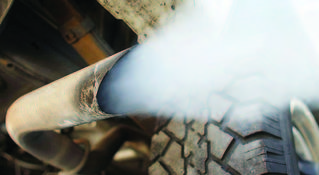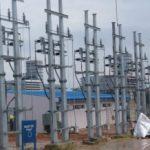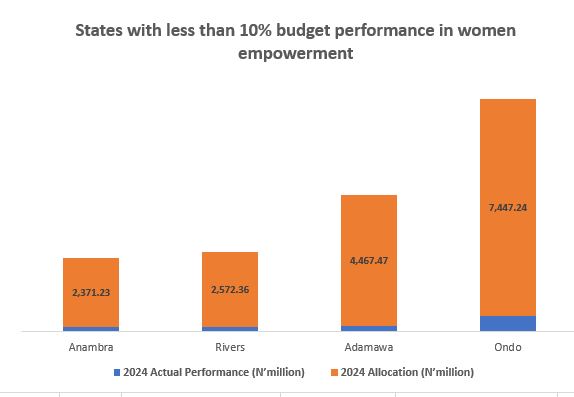The National Vehicle Emission Control Programme (NVECP) aimed at protecting Nigeria‚Äôs populace and environment from damage by motor vehicle fumes is yet to take-off¬Ý one year after it was launched, on account of¬Ý foot-dragging and communication gap among government agencies and other stakeholders.
The Vehicle Inspection Office (VIO) which is one of the major enforcers of the programme because of its control of traffic rules, is also dragging its feet, fueling doubt among¬Ý stakeholders in the private sector who are expected to champion the project, infomed sources say.
The Vehicle Emission Programme is aimed at reducing air pollution from carbon mono-oxide fumes emanating from motor vehicles by removing cars and trucks which are not road worthy from the country’s highways.
The programme is also meant to identify and repair such vehicles, to significantly reduce toxic air emissions and improve the quality of oxygen in the environment.
Scientists have ascertainted over the years that carbon mono-oxide from auto vehicles is a significant cause of damage to the oxone layer, which causes the global warming phenomenon. The emissions have also been established to cause respiratory and heart disease, as well as cancer in humans and other lifeforms.
Environmental pollution, much of which is caused by vehicle emissions has constituted a health risk, forcing governments all over the world to design measures to control it and also compel motor manufacturers¬Ý to meet increasing¬≠ly stringent pollution control standards.
Part of the control standards on the part of the government is the NVECP which requires that centers are set up across the country, where vehicles are examined and certified fit for use on Nigerian roads.
To set up such a centre requires N1 million to procure equipment for testing diesel engine and another for petrol engine vehicles. Other equipment required include a laptop and a bar code reader.
For Abuja which is designated for the pilot phase, 50 centers are earmarked but none has materialised, as only 20 have expressed interest in the programme.
This, and the drag by the VIO to have a buy-in, are fueling speculation that the programme is doomed, as it has not gained the acceptance of the necessary institutions of government which are meant to jointly drive it with the NESREA.
In January, the agency had attributed the slow progress of the project to the late kick-off¬Ý of the new administration , stating that Laurence Anukam, the new director-general, was still settling in, and that the programme would take off soon enough.
Findings however show that VIO which was meant to be a major player, was having reservations about the programme. The VIO is saddled with the responsibility of inspecting vehicles to ascertain their road worthiness.
Danjuma Garba, director of FCT Road Traffic Service, VIO said there are still unresolved issues between the VIO and NESREA on the programme that the traffic agency was seeing as a duplication.
The two agencies have been meeting, but are far from agreement on the programme, due to duplication of functions.
‚ÄúThat issue has been coming up, but I am not aware that they have reached an agreement.¬Ý The issue has been coming up, even at conferences for commissioners for works and transport. But I don‚Äôt think they have been resolved. That is all I can say,‚Äù Garba said in a telephone interview with BusinessDay.
VIO however has gone ahead with setting up a centre sited at Kugbo area of Abuja and is about to kick-off operations.
Anukam however laid the drag on the commencement of the programme on the slowness of the private sector to buy into it, as the agency was waiting to have a substantial number of them onboard before kicking off.
NESREA had procured some of the standardisation equipment, owing to the interest shown by some private business owners. The interest, the director-general noted has since waned.¬Ý
The equipment were brought in to start the pilot phase in Abuja which is to have 50 centres but as at now, less than 20 people had come forward to join the scheme.
“They have to have a centre, we have to certify the centre and when they pay, they get the equipment. One equipment for testing diesel, one equipment for testing petrol engine, a laptop, a bar code reader , for just N1 million.
“We don’t want to make it expensive and at the same time, let the first level get into it and we see how it will be, then we get it across the board.”
Currently, the cost and profit sharing between the private sector and the government is still being worked out “but this is a good way of generating internal revenue for the agency”, he added.
¬ÝElizabeth Archibong










